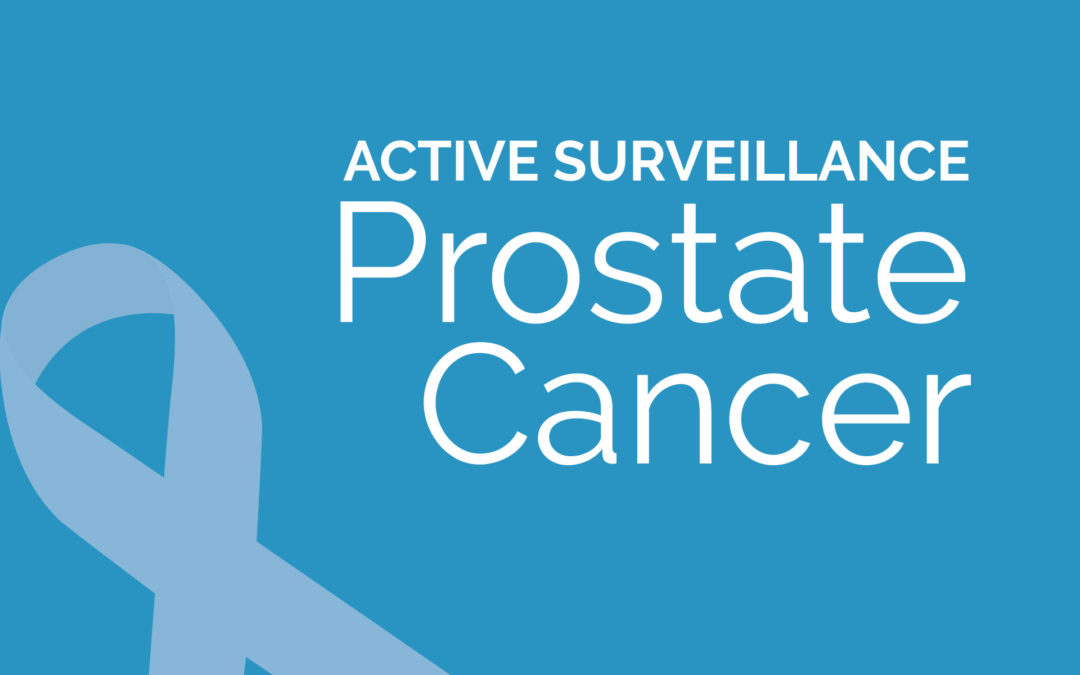
by Rick Davis | Jul 28, 2020
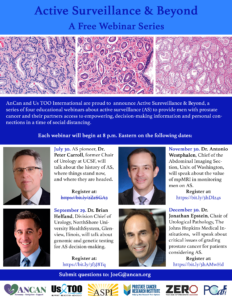
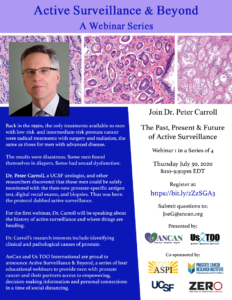
TO LISTEN TO THE PRESENTATION, CLICK https://www.youtube.com/watch?v=B7v8KaU2UQ0
To download Dr. Peter Carroll’s Slide Presentation, please click AS PCarroll presentation ppt
Register for future webinars in our AS Series:
For information on our peer-led video chat ACTIVE SURVEILLANCE VIRTUAL SUPPORT GROUP, click here.
To SIGN UP for the Group or any other of our AnCan Virtual Support groups, visit our Contact Us page.
PRESENTED BY:
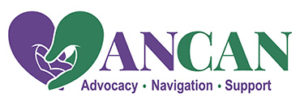

CO-SPONSORS

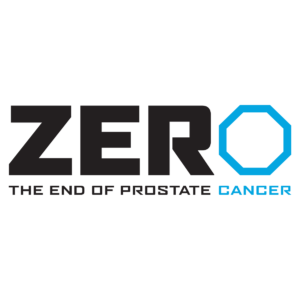
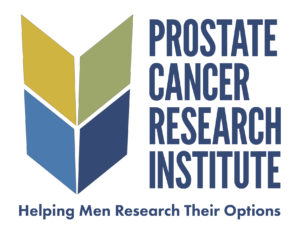
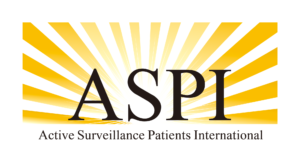

by Rick Davis | Jul 28, 2020

FOR RECORDING OF THE LIVE EVENT, PLEASE CLICK HERE: https://youtu.be/nb1lEozKq2M
For Dr. Brian Helfand’s Slide Presentation, please click AS BHelfand presentation ppt (if Powerpoint slides do not open in a new tab, please check bottom of the screen for the download)
Register for future webinars in our AS Series:
Recordings of Past Presentations
For information on the AnCan/UsTOO peer-led video chat ACTIVE SURVEILLANCE VIRTUAL SUPPORT GROUP, click here.
To SIGN UP for the AS Group, our other prostate cancer groups or any other AnCan Virutal Support groups, visit our Contact Us page.
PRESENTED BY:


CO-SPONSORS




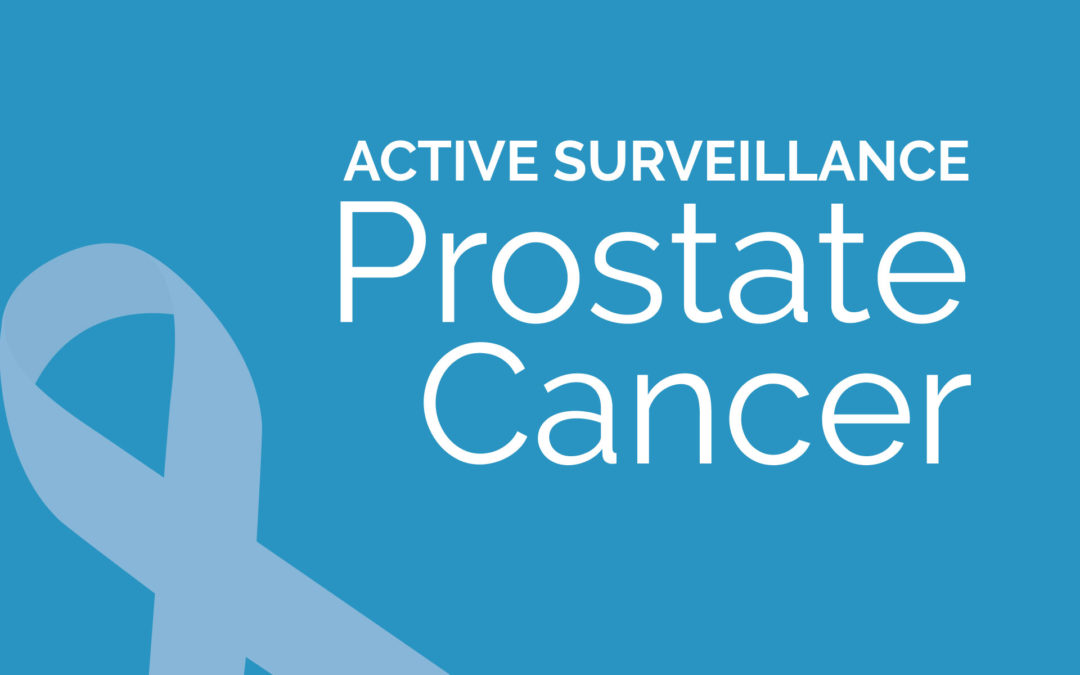
by Rick Davis | Jul 28, 2020

For Dr. Antonio Westphalen’s Slide Presentation, please click:
Register for future webinars in our AS Series:
Recordings of Past Presentations
For information on our peer-led video chat ACTIVE SURVEILLANCE VIRTUAL SUPPORT GROUP, click here.
To SIGN UP for the Group or any other of our AnCan Virtual Support groups, visit our Contact Us page.
PRESENTED BY:


CO-SPONSORS





by Rick Davis | Jul 28, 2020

For Dr. Jonathan Epstein’s Slide Presentation, please click:
Recordings of Past Presentations
For information on our peer-led video chat ACTIVE SURVEILLANCE VIRTUAL SUPPORT GROUP, click here.
To SIGN UP for the Group or any other of our AnCan Virutal Support groups, visit our Contact Us page.
PRESENTED BY:


CO-SPONSORS




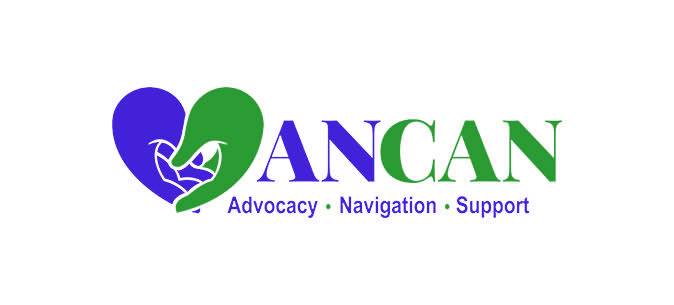
by Rick Davis | Jul 11, 2020 | Health Resources, Advocacy, Blood Cancers, Cancer Caregivers, Cancer Resources, Multiple Sclerosis, Ovarian Cancer, Prostate Cancer, Sarcoidosis, Women's Breast Cancer
Peter Kafka, AnCan’s Board Chair, Lead Moderator for the Low/Intermediate Risk Prostate Cancer VIrtual Group, and general renaissance man reflects on how readily accessible medical care is to many. Since Peter is just finishing his 6th and final cycle of chemotherapy for his own condition, he is well qualified to muse! (rd)
One aspect of the Covid-19 pandemic that stands out to me is the tension amongst the nationalistic models of healthcare and preventative medicine that exist in the world. It seems to me that this current experience is exposing the need to push the door open to a more cooperative and universal model of access to healthcare. Once a vaccine is developed it will have to be available across the board to everyone otherwise national borders will forever be closed.
Those of us who have been dealing with various aspects of the prostate cancer spectrum for any time have no doubt noticed the disparities in the world regarding diagnosis and treatment. Yet the disease, like Covid-19 is universal the world over. Even within the United States, the options that are available to men who face prostate cancer are not even all over. In my own experience I have had to travel many miles to seek diagnostic and treatment options for my disease that were not available at home. And I know that many men who face a similar predicament do not have this option.
The term “Standard of Care” seems to relate more to the legal protection of the medical field rather than a measure of the best options that a patient might have. It is not a good yardstick, and lags way behind the rapidly advancing medical advances in the world of prostate cancer. Standard of care is often the medical minimum and I feel that all of us men, the world over deserves more than that. I know that I would not be alive today, six years on from diagnosis if I had settled for the standard of care treatment for my disease.
In the current situation with travel restrictions and closed borders some diagnostic and treatment options are no longer universally available, even to those who might be in financial position to afford them. Up until recently it seemed that money was the key that opened the door to the best healthcare. So, in my mind, during this unprecedented time of worldwide crisis it should give us pause to ponder if there perhaps a way forward to raise the bar and make the best healthcare more universally available to all. Can we imagine such a possibility?











